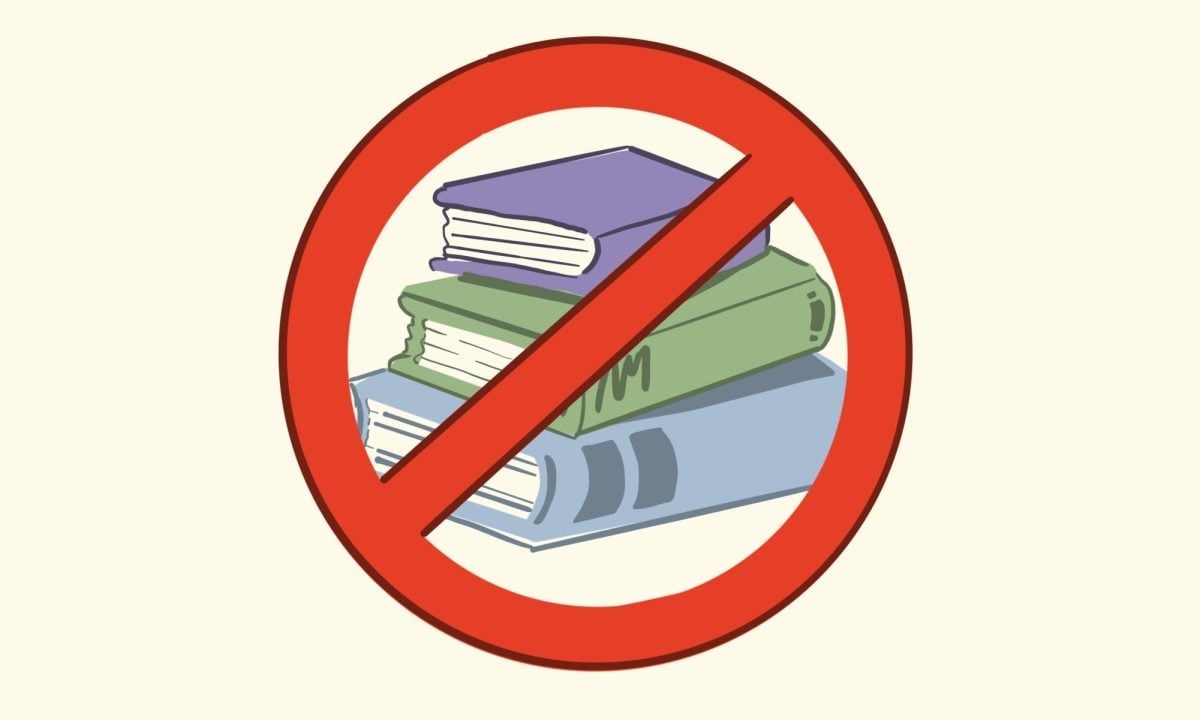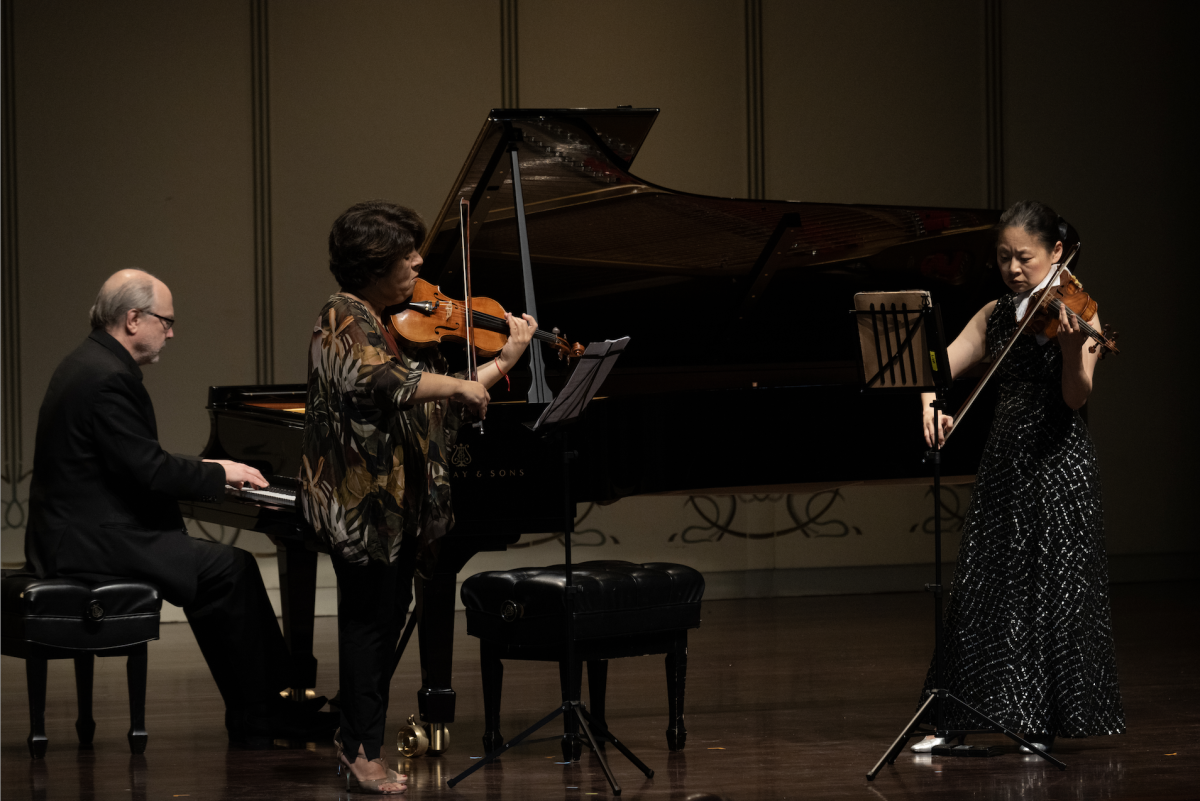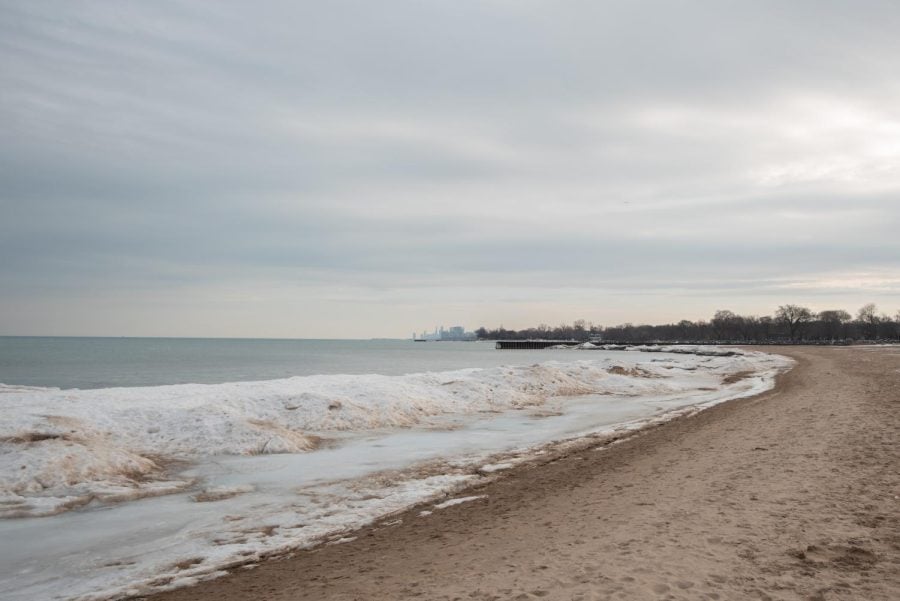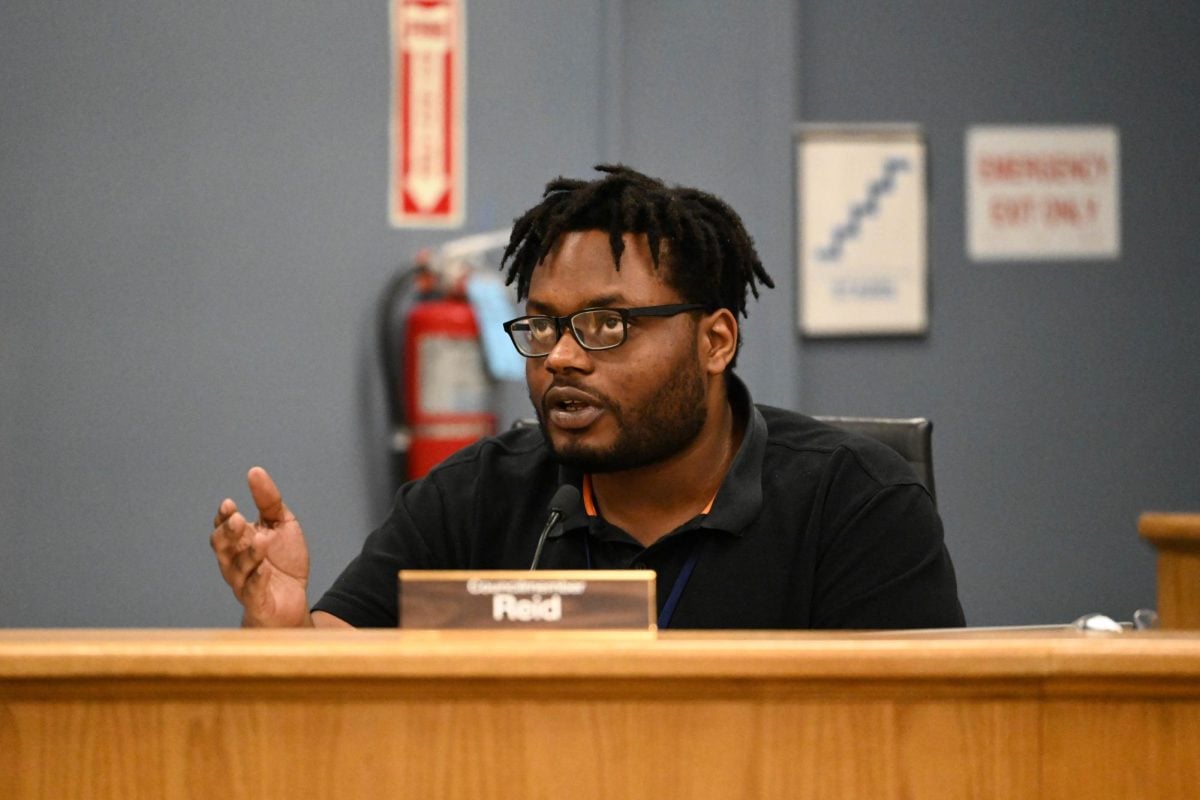Illinois Gov. J.B. Pritzker signed a ban on book bans into law last June to protect libraries’ freedom in choosing their own materials. But, some advocates of literary freedom have since raised concerns about possible unintended consequences surrounding the First Amendment and librarian safety.
The law, House Bill 2789, officially went into effect on Jan. 1 amid a “nationwide rise in extremists targeting literature,” according to the state’s press release.
Shortly after Pritzker signed the law, Illinois Secretary of State Alexi Giannoulias called it a “triumph for our democracy, a win for First Amendment Rights,” in a press release.
However, the law does not appear to protect the First Amendment-granted freedom to petition for a redress of grievances, said John Chrastka, executive director and co-founder of EveryLibrary, an Illinois-based political action committee that works to fight censorship in libraries nationally.
Rather than solidifying libraries’ rights to review and deny book challenges, House Bill 2789 bans challenges in the first place, Chrastka said.
“Not to suggest that the goal in Illinois wasn’t appropriate, but we’re not looking at weaponizing the First Amendment against itself in the process,” Chrastka said.
The law requires libraries across the state to adopt the American Library Association’s “Library Bill of Rights” or a similar written statement prohibiting the banning of books and resources. If the library does not do this, it will not receive state grants.
In lieu of this “punitive” approach, Chrastka said a better, more “affirmative” approach would be a law protecting people’s rights to unfettered access to libraries and their collections.
Banning book bans makes the most sense in today’s political climate, according to Matt Abtahi, director of Northwestern’s Gender and Sexuality Resource Center, which hosts a quarterly queer book club. However, he worries that the legislation that works today might be altered to impede the ability to achieve long-term literary freedom, he said.
Without the ability to petition, people who used to challenge books might resort to threats of physical violence in libraries, Abtahi said, referring to widespread bomb threats that have occurred in Illinois’ public libraries since the legislation was introduced.
The Evanston Public Library received multiple bomb threats in September, along with similar threats to several Chicago-area libraries. Each threat was found unsubstantial but prompted a full evacuation and police search.
“They want to scare librarians away and replace them with people who will pull language services, job placement, books and media that are available to and represent people,” Abtahi said.
In an interview with The Daily last month, EPL Marketing and Communications Manager Jenette Sturges said the library has been using a version of the American Library Association’s “Library Bill of Rights” as a framework for their librarians to choose materials without political interference for years.
“Adopting that standard many years ago gives us a backstop against interference from people who maybe don’t have that kind of skill set trying to come in and tell us which kinds of books belong on our shelves,” Sturges said.
The most qualified people to choose texts for libraries are librarians, Abtahi said. If threats of violence scare them away, the library will transform from a community center to an “old relic” that reinforces dominant U.S. culture, he said.
Both book bans and physical threats to libraries are part of a larger political tactic to demand space and power, he said.
“I think it’s a dangerous path we’re moving towards,” Abtahi said.
Email: [email protected]
Related Stories:
— Amid statewide law prohibiting book bans, Evanston Public Library continues diversifying collection
— Illinois becomes first state to prohibit book bans
— Bomb threat causes Evanston Public Library, Robert Crown to evacuate for second time this week





















